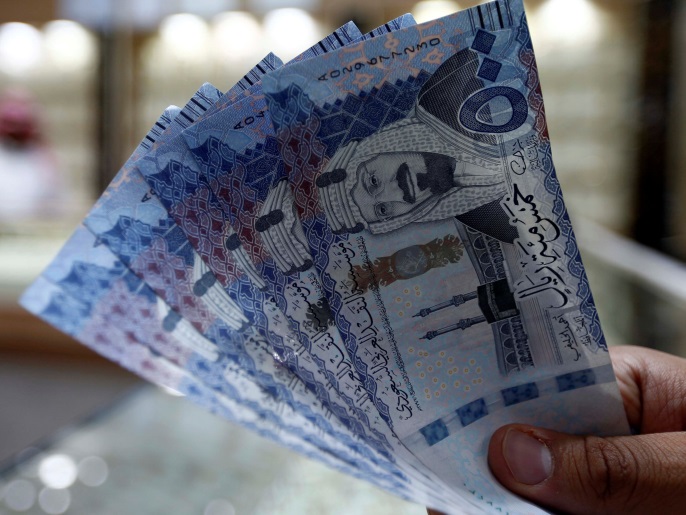The Saudi government announced on Wednesday the sale of two flour mill companies, with a total value of 2.78 billion riyals ($ 740.5 million) within a privatization program, which is one of the economic reform programs in the country, amid talk about the possibility of increasing bread prices and reducing government support.
By selling the two companies, the first phase of the process of allocating the flour mills sector is completed by offering two companies to private sector investors from a total of four companies, according to a joint statement issued by the General Grain Corporation and the National Center for Privatization.
According to the statement, the sale of the two companies was awarded to investors with the highest financial offers, as the sale of the First Mills Company was awarded to the Raha-Al-Safi Alliance with a value of 2.027 billion riyals ($ 540.5 million). The sale of the company to other mills was awarded to the Al-Rajhi-Al Ghurair-Masafi alliance, with a value of 750 million riyals ($ 200 million).
The statement pointed out that the sale and transfer of ownership of companies to the winning bidders will take place after satisfying the legal requirements before completing the deal.
The statement revealed that the qualification process for the second and final stage of the allocation of the flour mills sector will soon be launched, and will also include the sale of two companies.
Reuters quoted sources as saying that some potential bidders were reluctant because of the long duration of the process, which began in 2016.
Saudi Arabia is one of the largest importers of wheat and barley in the world.
The Anatolia Agency, quoting the Governor of the General Grain Corporation, reported that the Kingdom imports 3.5 million tons of wheat annually, at a growth rate of 2.5%, in line with the population increase.
Rising prices
In an interview with Al-Jazeera Net, Mustafa Abdel Salam, an economist, said that the privatization of the mills - a sector that is very sensitive to consumers - may result in a rise in the price of bread, and may pave the way for reducing levels of government support for flour, especially with the transfer of ownership and management to the private sector, including In it the foreigner.
He stressed that increasing the prices of flour and bread if they occurred would increase the burdens on the citizen, especially in light of the recent austerity measures, raise the value-added tax from 5% to 15%, stop the cost increase and increase the price of gasoline.
He expected that the privatization of many government companies will accelerate during the coming period after a long delay to this "sensitive file" among citizens, indicating that the Kingdom has already prepared a list of companies that will be privatized in sectors such as health, education, ports, energy, mineral wealth, transportation and sports clubs.
He added that Saudi Arabia will accelerate the pace of selling government companies in many sectors, in an attempt to bridge the deficit in government revenues due to the decline in oil and Hajj and Umrah revenues on the one hand, and the implications of the Corona virus on the other.
He pointed out that the privatization of mills comes after the government took other steps to address the lack of public revenues, including the withdrawal of $ 50 billion from the reserve.
A series of crises
For his part, financial analyst Nidal Khouli said that the privatization of the mills sector does not necessarily mean the trend towards raising the prices of bread and flour or reducing government subsidies.
Khouli added in an interview with Al-Jazeera Net that the series of crises the world is experiencing may constitute a factor in accelerating privatization operations in Saudi Arabia in an effort to search for additional liquidity, and facing a stage in which oil prices may witness a continuous decline. He also expected an acceleration of the privatization process for many sectors in Saudi Arabia.
In 2016, Saudi Arabia announced an economic reform program (Vision 2030) that aims to reduce its dependence on oil, a major source of income, and diversify financial revenues, in conjunction with a decline in crude prices since mid-2014.
The vision includes an allocation program aimed at selling government assets of $ 9.3 billion to $ 10.7 billion by 2020, according to official documents.
The lower Saudi oil prices forced the search for alternative revenues to face its budget deficit, the last of which was to raise the value-added tax from 5% to 15%, which placed a new burden on the Saudi citizen.
The new tax increase came in contradiction to the statements of Saudi Crown Prince Mohammed bin Salman in 2018, in which he confirmed - after the imposition of a 5% value-added tax - that the country would not impose any new taxes until 2030.

